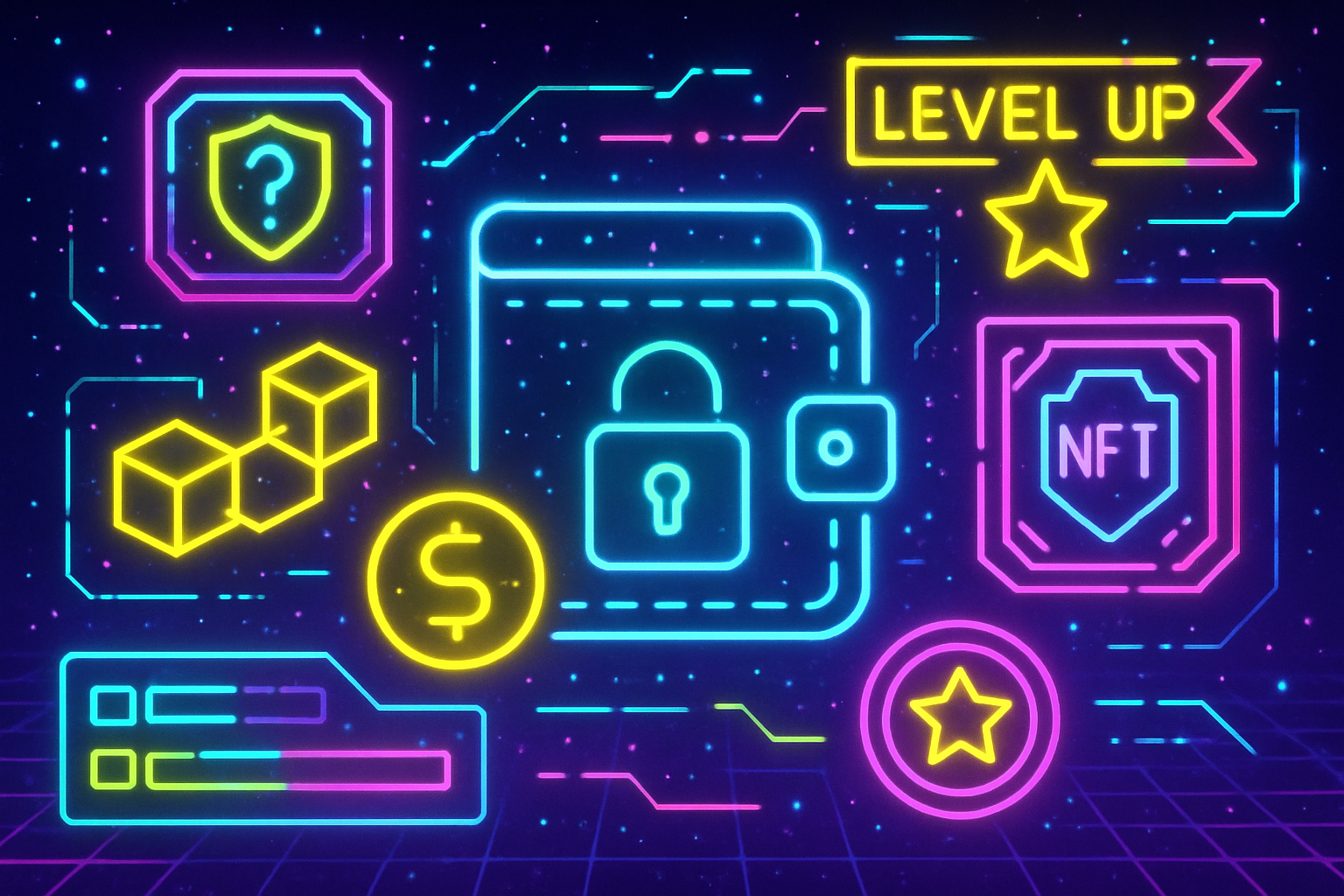
Zero-knowledge proofs (ZKPs) are redefining privacy standards in digital identity. As decentralized identity wallets surge in adoption, ZKPs have become the backbone for privacy-preserving digital identity, allowing users to prove claims without exposing sensitive data. This cryptographic leap is critical as more individuals and organizations demand secure authentication on the blockchain without sacrificing personal information.
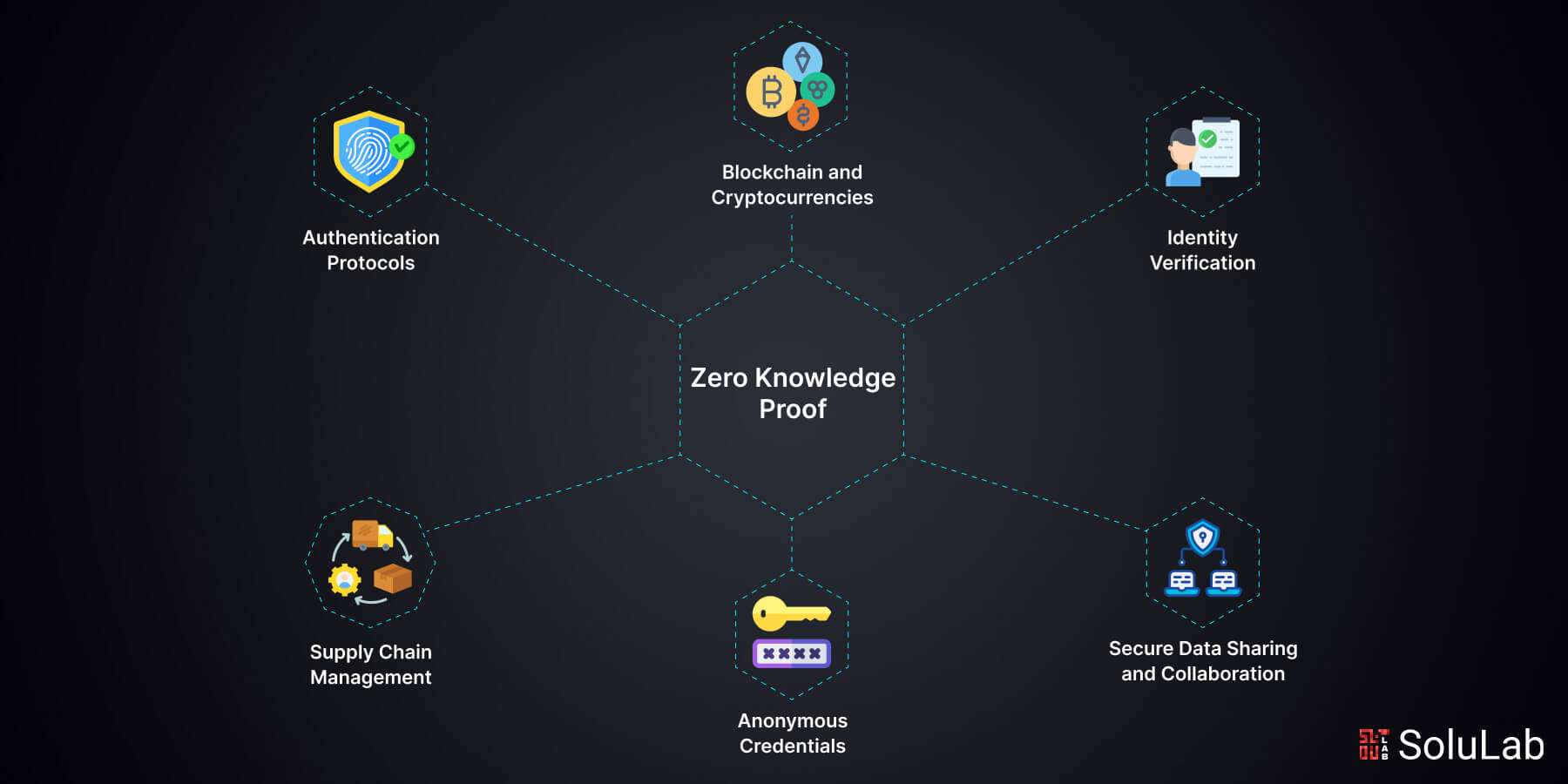
What Are Zero-Knowledge Proofs and Why Do They Matter?
At their core, zero-knowledge proofs enable one party (the prover) to convince another (the verifier) that they know a piece of information or satisfy a condition, without revealing the actual data. In the context of decentralized identity wallets, this means you can prove you’re over 18, a citizen of a country, or meet KYC requirements without ever sharing your birthdate, passport number, or other personal details.
This selective disclosure is not just a technical novelty; it’s an essential upgrade for privacy in our increasingly digital world. Traditional verification processes often force users to hand over far more data than necessary. With ZKPs embedded in zk identity wallets and DID solutions like Polygon ID, only the minimum required proof is shared, drastically reducing exposure to hacks and misuse.
How ZKPs Power Privacy-Preserving Digital Identity
The real magic happens during authentication and verification flows. Instead of uploading documents or sending raw credentials, your wallet generates a cryptographic proof tailored to the verifier’s request. For example:
- Age verification: Prove you’re over 21 without disclosing your birthdate.
- KYC compliance: Satisfy regulatory checks while keeping your address and ID number private.
- Membership validation: Show you belong to an exclusive DAO or community without sharing your full profile.
This approach isn’t just theoretical, solutions like Polygon ID are already leveraging ZKPs for self-sovereign identity management on-chain. The result: users retain control over their data while meeting compliance standards and accessing services seamlessly.
The Market Impact: Minimizing Data Breaches and Building Trust
As high-profile data breaches continue to erode trust in centralized platforms, ZKP-powered decentralized identity wallets offer a compelling alternative. By minimizing data shared during verification, these wallets dramatically lower the risk of personal info leaking in hacks or unauthorized access events.
This shift also aligns with evolving global regulations around privacy and data minimization. Organizations can now prove compliance, such as adhering to GDPR or CCPA, without hoarding user data that could become a liability later on. For developers building next-gen zk identity wallets or integrating secure authentication on blockchain platforms, ZKPs unlock new possibilities for both security and user experience.
Zero-knowledge proofs in decentralized identity are not only a technical safeguard, they’re a strategic driver for adoption. As users become more privacy-conscious, wallets that leverage ZKPs stand out for their ability to deliver both regulatory compliance and true data minimization. This means less friction for onboarding, reduced liability for service providers, and a fundamentally safer ecosystem for everyone involved.
Real-world implementations already show the value of this approach. For example, Polygon ID enables users to access DeFi platforms or participate in DAOs by proving eligibility without ever exposing their full credentials. This selective disclosure model is quickly becoming the gold standard as more projects integrate ZKP DID wallets into their infrastructure.
Top zk Identity Wallets & Their Standout Privacy Features
-
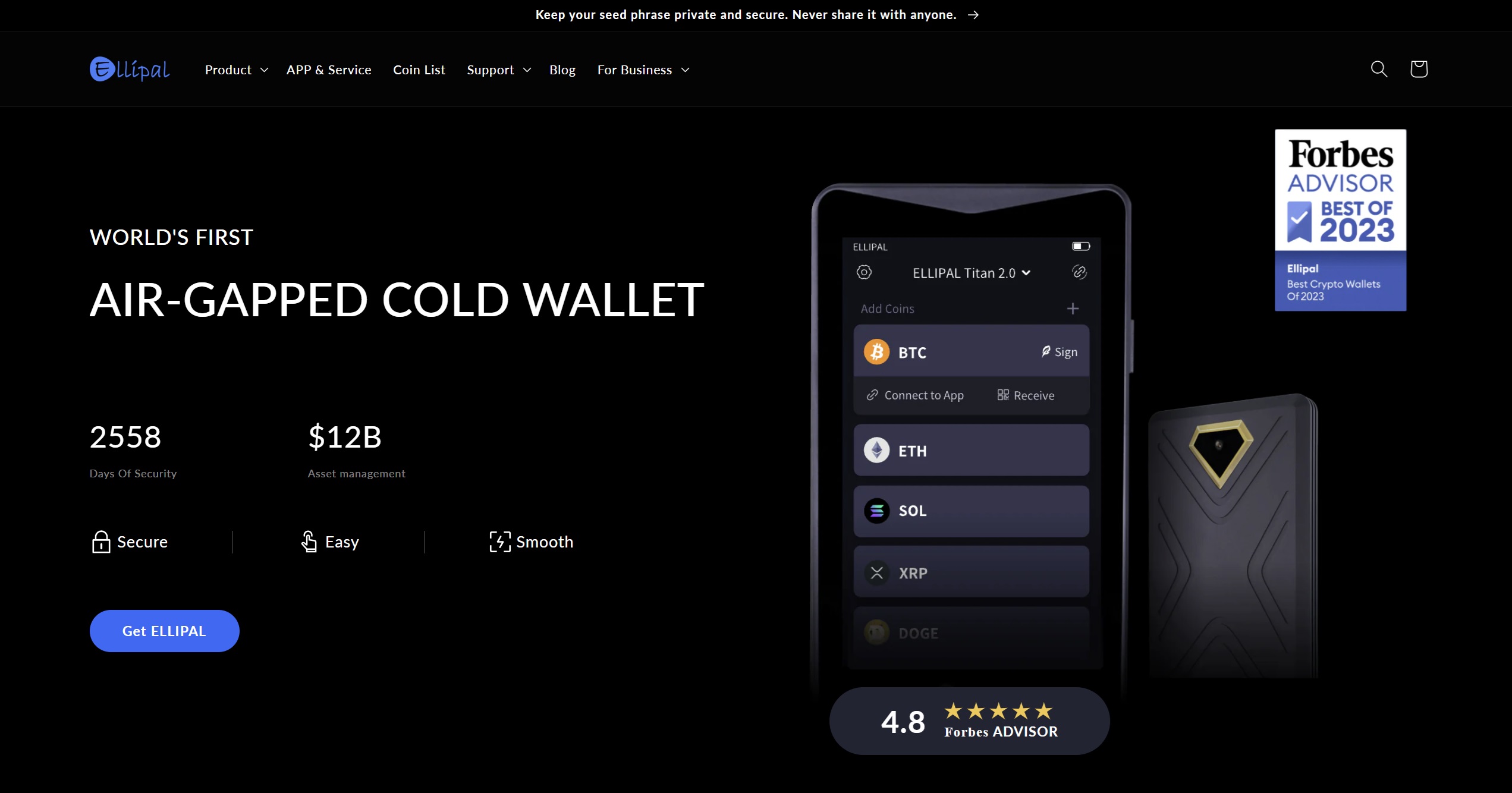
Polygon ID: Empowers users with self-sovereign identity using zero-knowledge proofs, enabling selective disclosure of credentials for KYC and compliance without exposing personal data.
-
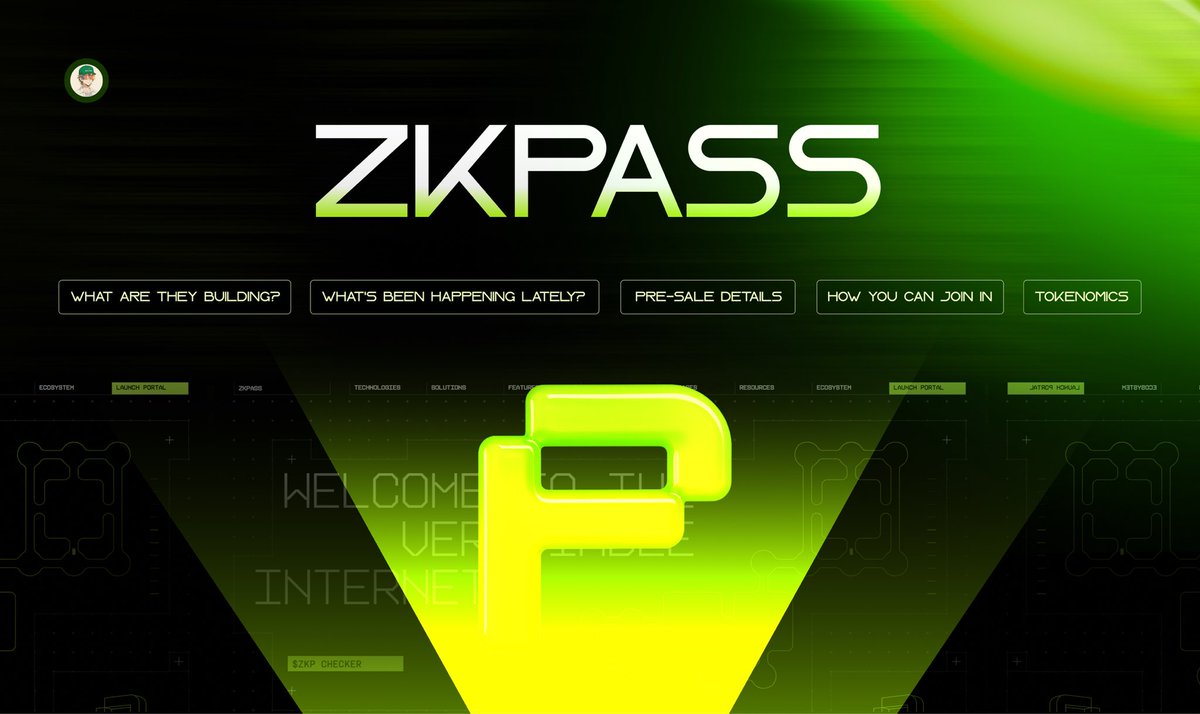
zkPass: Leverages ZKPs to let users privately prove attributes (like age or citizenship) from Web2 and Web3 sources, ensuring sensitive information remains confidential during verification.
-
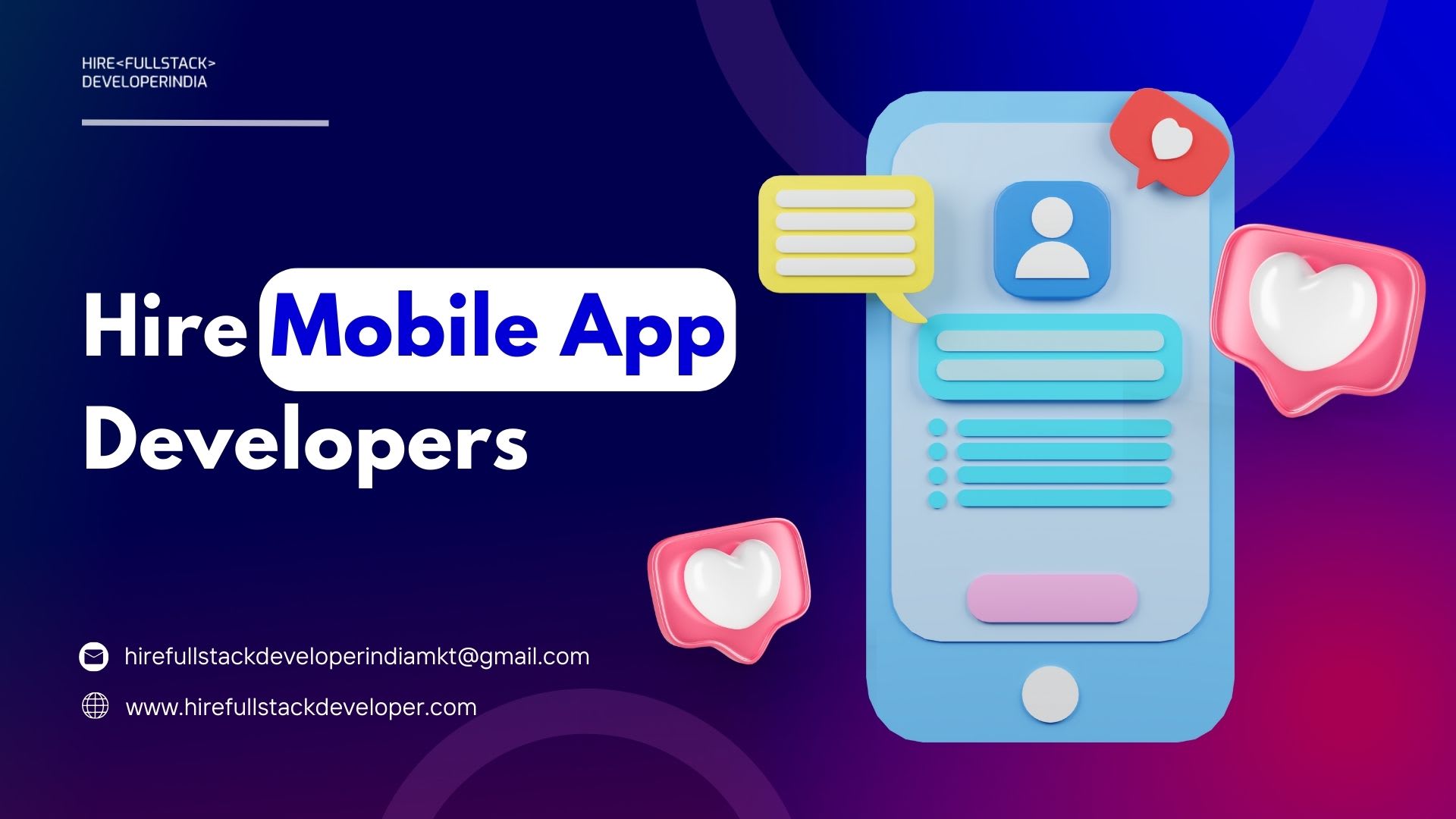
Veramo: Offers a modular framework for decentralized identity, supporting ZKPs for privacy-preserving credential verification and interoperability across multiple networks.
-
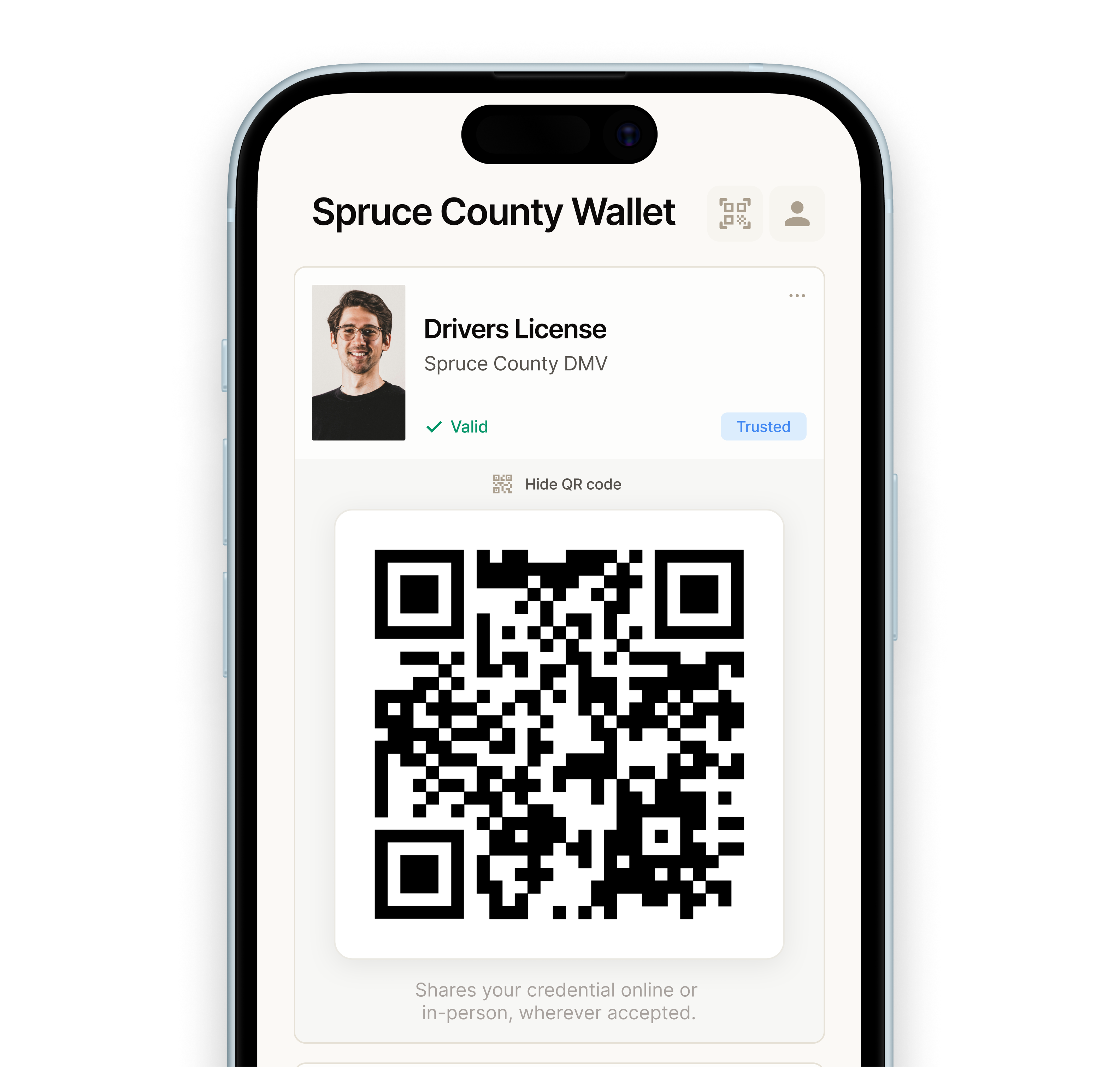
SpruceID: Implements ZKPs for secure, privacy-first authentication and credential management, allowing users to control and share identity data selectively.
-
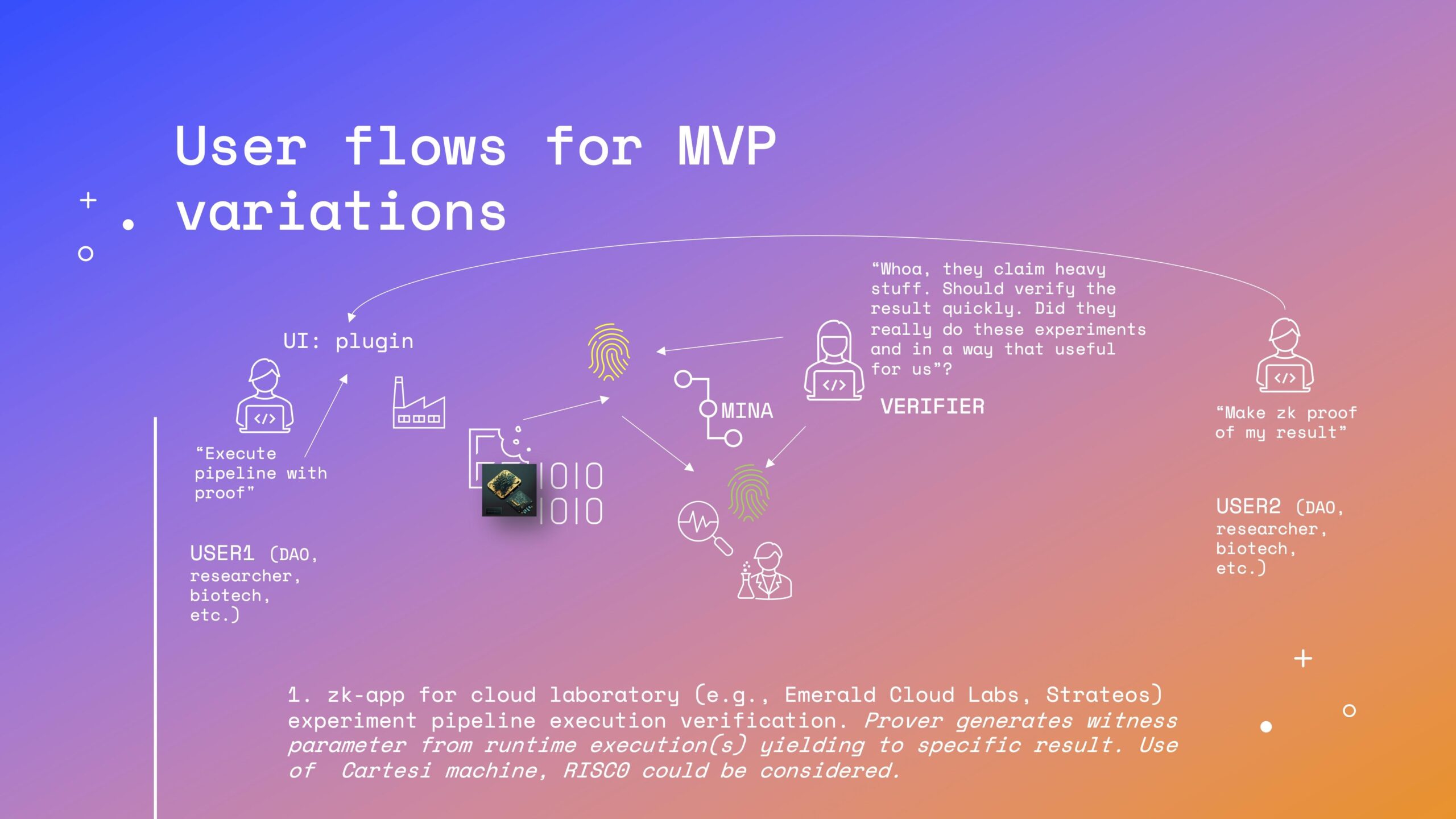
Mina Protocol (zkApps): Utilizes lightweight zero-knowledge proofs to enable private, verifiable identity credentials within dApps and wallets, minimizing data exposure.
With privacy-preserving digital identity now within reach, the conversation is shifting from “why use ZKPs?” to “how fast can we adopt them?” Developers are racing to incorporate zero-knowledge protocols into mainstream applications, while enterprises recognize the reputational and operational upside of never touching sensitive user data they don’t need.
What’s Next? The Road Ahead for ZKP DID Wallets
The momentum behind secure authentication on blockchain is undeniable. As zk identity wallets mature, expect broader interoperability across platforms and more intuitive user experiences. Future iterations will likely offer plug-and-play modules for developers and seamless integrations with existing compliance tools, further accelerating adoption in sectors like finance, healthcare, and government services.
Still, challenges remain. The cryptographic complexity of ZKPs requires ongoing user education and robust wallet UX design to ensure people understand what they’re consenting to when sharing proofs. Open standards are evolving but will need industry-wide collaboration to guarantee interoperability between different ecosystems.
Action Steps: How to Get Started with Privacy-Preserving Digital Identity
If you’re ready to take control of your digital presence:
- Explore zk identity wallets: Research leading solutions that implement zero-knowledge proofs natively.
- Review your current verification flows: Identify where you can replace raw data sharing with selective disclosure using ZKPs.
- Engage with developer communities: Contribute feedback or code to open-source projects focused on secure authentication blockchain tools.
The privacy revolution is already underway, and zero-knowledge proofs are at its core. By adopting these technologies now, you’ll not only future-proof your digital identity strategy but also help shape a world where security and privacy aren’t mutually exclusive.






